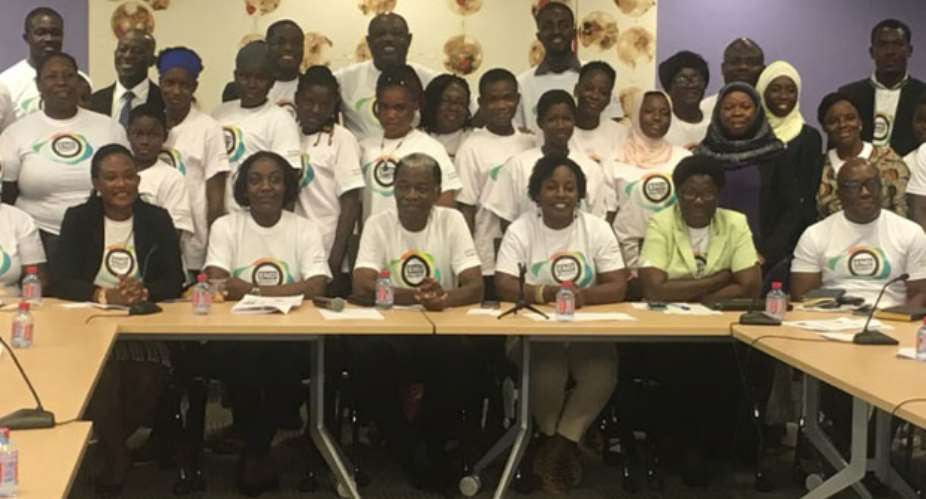The World Bank says it is embarking on a project to eradicate extreme poverty by the year 2030.
According to the World Bank, a person is said to live in extreme poverty if he or she lives below US$1.90 a day.
The bank has proposed to eradicate extreme poverty by 2030 through the use of social inclusion mechanisms.
It made this known at the 25th anniversary of the World End Poverty Day at the World Bank offices in Accra.
Social inclusion is the process of improving individuals and groups in society.
So with this agenda, the World Bank seeks to find ways to get people with some social disability into the mainstream society to empower them to create wealth.
These people include the youth, women, people living with disability and people living with a location barrier.
The World Bank noted that it intends to improve the terms on which people take part in society means to enhance their ability and dignity.
Africa was noted as a region which has a significant show of social exclusion.
The most common drivers of social exclusion were determined as gender, race, caste, ethnicity, religion, age, occupational status, location and disability status.
“Social exclusion based on such group attributes can lead to lower standing, often accompanied by lower outcomes in terms of income, human capital endowments, access to employment and services and voice in both national and local decision making,” a report given by the World Bank indicated.
The report showed certain damning revelations about youth and women in Africa.
It was discovered that because of the astronomical growth in the youth population of Africa, coupled with its low growth in employment opportunities in the next 10 years only 25 percent of African Youth would have a wage job.
It also noted that almost 46 percent of all African women have either experienced sexual or physical violence in their lifetimes, which further excludes them from society and makes it less likely to empower them to create wealth.
The Deputy Minister for Gender, Children and Social Protection, Gifty Twum-Ampofo, who represented the government at the event, spoke of the ministry’s commitment to end extreme poverty through some of these interventions.
She highlighted the use of the National household registry initiative to meet the targets.
She commended the World Bank for the work it was doing so far and promised them that come the 26th anniversary of the end poverty day, Ghana would have made major strides.





 Lay KPMG audit report on SML-GRA contract before Parliament – Isaac Adongo tells...
Lay KPMG audit report on SML-GRA contract before Parliament – Isaac Adongo tells...
 Supervisor remanded for stabbing businessman with broken bottle and screwdriver
Supervisor remanded for stabbing businessman with broken bottle and screwdriver
 NDC watching EC and NPP closely on Returning Officer recruitment — Omane Boamah
NDC watching EC and NPP closely on Returning Officer recruitment — Omane Boamah
 Your decision to contest for president again is pathetic – Annoh-Dompreh blasts ...
Your decision to contest for president again is pathetic – Annoh-Dompreh blasts ...
 Election 2024: Security agencies ready to keep peace and secure the country — IG...
Election 2024: Security agencies ready to keep peace and secure the country — IG...
 People no longer place value in public basic schools; new uniforms, painting wil...
People no longer place value in public basic schools; new uniforms, painting wil...
 'Comedian' Paul Adom Otchere needs help – Sulemana Braimah
'Comedian' Paul Adom Otchere needs help – Sulemana Braimah
 Ejisu by-election: Only 33% of voters can be swayed by inducement — Global InfoA...
Ejisu by-election: Only 33% of voters can be swayed by inducement — Global InfoA...
 Minority will expose the beneficial owners of SML, recover funds paid to company...
Minority will expose the beneficial owners of SML, recover funds paid to company...
 Prof. Opoku-Agyemang has ‘decapitated’ the NPP’s strategies; don’t take them ser...
Prof. Opoku-Agyemang has ‘decapitated’ the NPP’s strategies; don’t take them ser...
